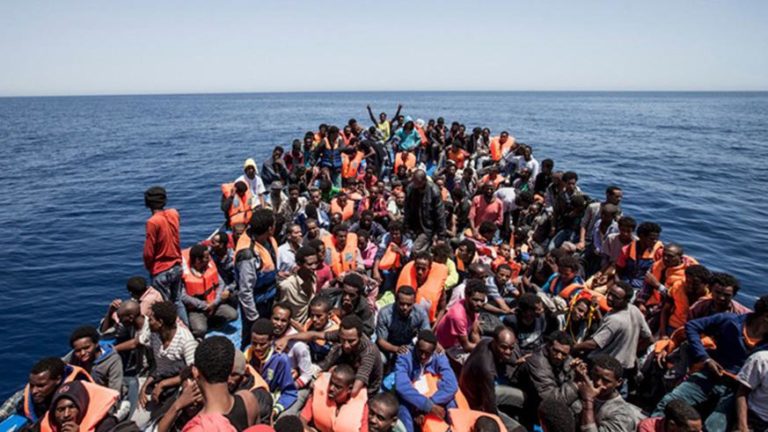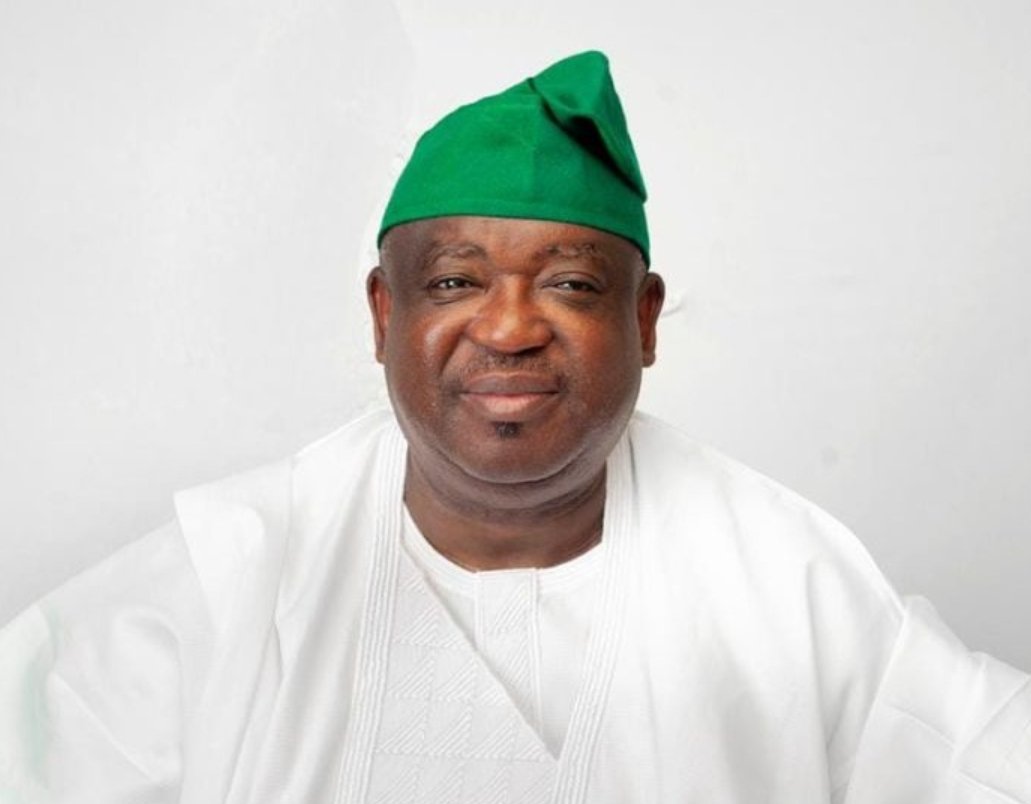Some stakeholders in the immigration sector, have stressed the need for governments at all levels to create more job opportunities for citizens in order to curtail the rising incidences of irregular migration among youths.
They expressed this view at the Global Migration Film Festival (GMFF), on Saturday in Abuja, organised by the International Organisation for Migration (IOM).
The IOM has continued to campaign against irregular migration using films and documentaries at the GMFF.
The News Agency of Nigeria (NAN), reports that the festival featured films and documentaries that capture the challenges of migration and the unique contributions that migrants make to their new communities.
The second edition of GMFF in Nigeria, which held at the Cube Cafe, Abuja, witnessed the screening of a short film, “Gifts from Babylon” by Bas Ackermann.
It is about Modou, a Gambian migrant, returning home with nothing after five years of irregular migration to Europe.
Speaking at the festival, the UN Resident and Humanitarian Coordinator in Nigeria, Mr Edward Kallon, urged government to invest in young people.
Kallon advised government to deal with the developmental crisis through skills acquisition training for the youths.
He said that the goal of the festival was to “pave way for greater discussion around the greatest phenomena of our time’’.
According to the UN official, the festival is an advocacy tool that can also draw attention to the Sustainable Development Goals (SDGs), thus helping all countries as they work to meet them.
“Over the years, films have been used to inform, entertain, educate and provoke debate.
“It is in this spirit that the International Organisation for Migration, a member of the UN family, launched the Global Migration Film Festival in 2016.
“Cinema and migration have a magical bond dating back to a century when filmmakers, many of whom were immigrants themselves, began making movies that depicted a world on the move.
“Their films brought the dramatic, poignant and comic stories of migrants to diverse audiences, through images that provoked feeling amongst people of every culture,” he said.
Mr Adegoke Badmus, a participant at the festival, said that one of the leading causes of migration was family pressures and support from communities and religious leaders.
Other participants called for increased awareness on the negative effects of irregular migration; and further urged for continuous sensitisation by stakeholders.
They also said that there was need to change people’s mind set on migration; and advised immigrants to learn to migrate safe and with dignity.
(NAN)






